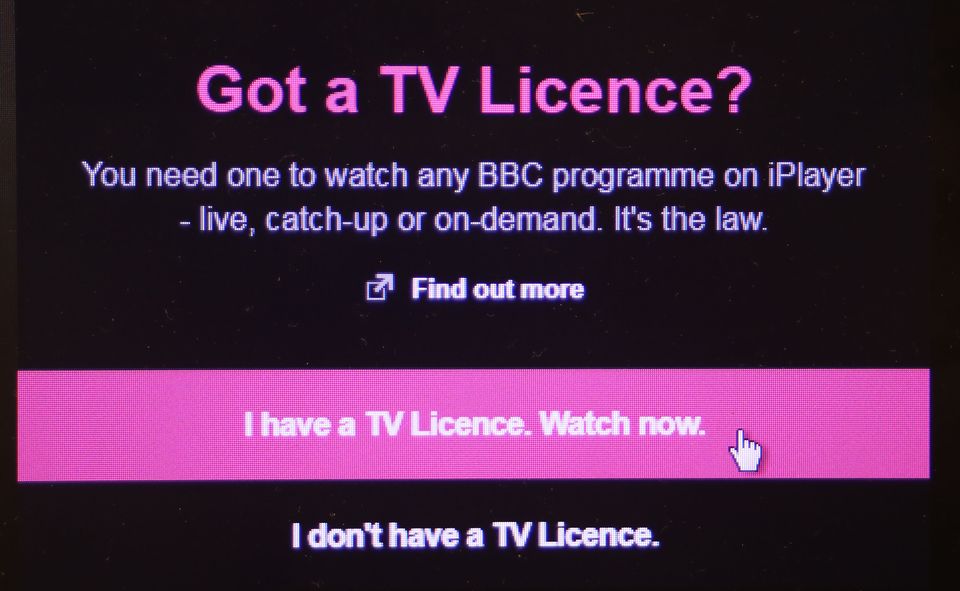The BBC licence fee will increase in line with inflation each year until 2027, rising in April to £174.50, the Government has announced.
It will be an increase of £5, or an extra 42p a month, after the last £10.50 rise brought the charge to £169.50 in April.
The annual fee faced years of scrutiny under the Conservative government, with it being frozen for two years at £159 before it was increased at a lower rate than the corporation expected.
In a written statement to Parliament, Culture Secretary Lisa Nandy said: “The BBC provides much-needed programming for households across the country, including children’s education, world-class entertainment and trusted news for all people in all parts of the UK. I want to see it thrive for decades to come.
“Through the Charter Review, we will have an honest national conversation about the broadcaster’s long-term future, ensuring the BBC has a sustainable public funding model that supports its vital work but is also fair and responsive to those who pay for it.
“In the short-term, we are providing the BBC with funding certainty while supporting thousands more households facing financial hardship to spread the cost of a TV licence.”
The Government set up the Simple Payment Plan (SPP) to help households struggling with financial pressures (Philip Toscano/PA)
The household payment, which funds much of the BBC’s operations, will be increased each year in line with the annual consumer price index (CPI) inflation rate.
The Government will use a review of the BBC’s Royal Charter, which will include a public consultation, to consider funding options to support the broadcaster’s long-term future.
To help households struggling with financial pressures, the Government set up the Simple Payment Plan (SPP), which it will be expanding.
It says the expansion will allow an estimated additional 9,000 unlicensed households experiencing financial difficulty per month to split up the annual payment into more manageable fortnightly and monthly instalments.
The BBC has been under increasing financial pressure and last month revealed a raft of planned changes, including the axing of in-depth interview show Hardtalk, as it looks at reducing more than 100 news roles.
